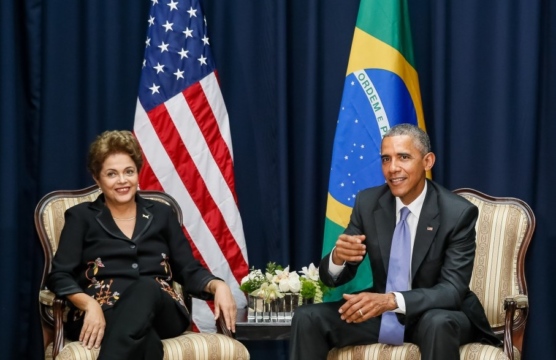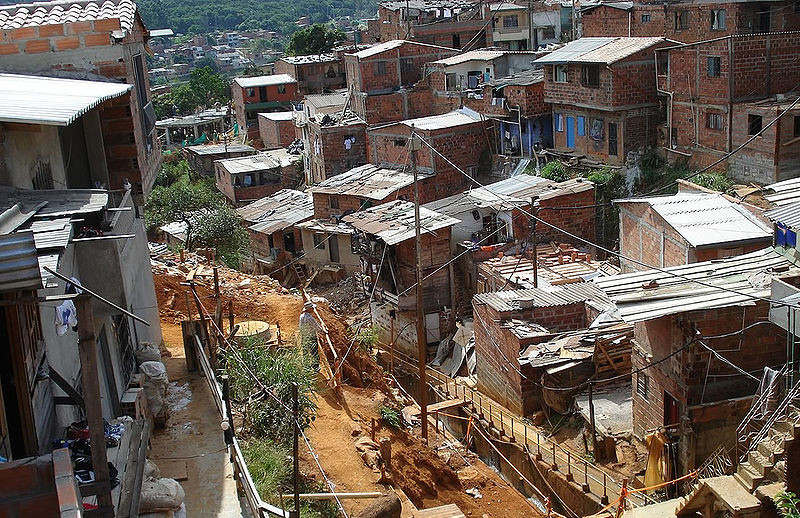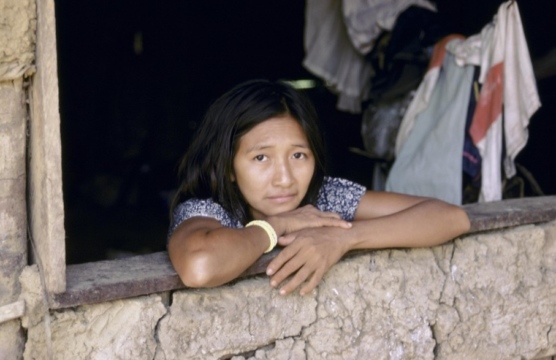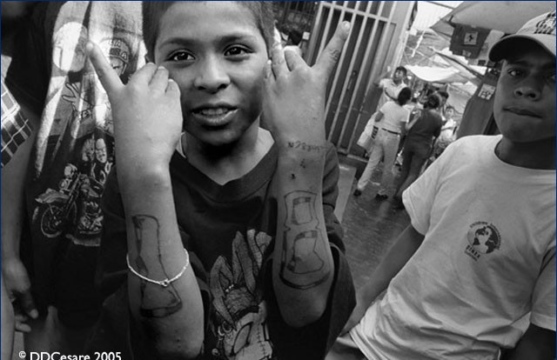
The Future of US-Brazil Relations
Can the US and Brazil rise above their differences and find reasons to cooperate more effectively?
A Daily Publication of The Dialogue
Q: The United Nations in 2000 established the Millennium Development Goals, eight targets for poverty reduction and development for countries to achieve by the end of 2015. How successful have Latin America and the Caribbean been in reaching the goals, and where have they fallen short? With governments now debating a series of sustainable development goals for the post-2015 agenda, what should be included? How useful are these kind of broad targets as measurements of progress in the region?
A: George Gray Molina, chief economist at the UNDP Regional Bureau for Latin America and the Caribbean: "In general terms, the MDG agenda has been successfully completed in most countries of the region. The two particular issues on which Latin America and the Caribbean have lagged are: infant mortality, which dropped from 54 to 19 deaths per 1,000 live births between 1990 and 2012; and maternal mortality rates, which also saw a decline from 130 to 77 per 100,000 live births between 1990 and 2013. Although those rates are decreasing in LAC, they do not meet the global targets. The region has achieved the global targets for extreme poverty, hunger, educational achievement, educational gender parity, access to drinking water and has begun to slow the spread of HIV/AIDS. For most Latin American countries, the MDG agenda was about realizing synergies and connecting the dots among cross-cutting challenges that were already on their development agendas. This will be even more important for a prospective agenda that will likely include up to 17 Sustainable Development Goals and hundreds of new targets. The SDG Open Working Group's report released in July states that prospective goals should be universal to address the root causes of global sustainability, but also differentiated in approach, because there is no single development recipe or policy prescription that fits the circumstances of all countries across the globe. Latin America will push hard for a focus on inequality as befits the region of the world with the highest level of income-based inequality. We also expect a strong debate on graduation criteria for middle income countries and small island developing states as well as how implementation issues become more salient for countries that attain higher standards of social and economic progress."
A: Alejandra Kubitschek Bujones, program director at the American Conference Institute: "Latin America has served as a laboratory for designing and implementing innovative sustainable development approaches. The region has developed some of the best-recognized development programs, combining poverty reduction with social inclusion. Successful cash transfer schemes, such as Brazil's Bolsa Família, Mexico's Oportunidades and Chile's Solidario, have played an important role in increasing household incomes, raising school enrollment and reducing malnutrition. And what's more, these policies are affordable (on average they account for less than 1 percent of GDP), flexible and responsive to changing conditions. These kinds of policies have helped Latin America reduce poverty and the trend of rising global inequality. In aggregate terms, poverty reduction and more social investment have enabled Latin America to make significant strides in achieving most of the MDGs. The success is in part due to countries aligning the MDG framework to national priorities, finding ways to adapt and incorporate the global framework and make them resonate with domestic priorities. This also enabled countries and regional development partners to advocate and galvanize resources in support of MDG achievement. Regional aggregate statistics are very positive; however, they mask deep inequalities within the region and within countries. While the region is successfully tackling inequality, it remains the world's most unequal region. Despite economic gains, deprivation in rural areas and among indigenous and disadvantaged groups remains entrenched. A high level of violence continues to threaten the region's youth and derail social gains. While regional achievements are laudable, there is still much to be done if the region is to achieve gains that go beyond aggregate statistics and truly leaves no one behind."
A: Paula Lucci, research fellow in the Growth, Poverty and Inequality program at the Overseas Development Institute: "Over the last 20 years, Latin American countries have seen significant progress on the Millennium Development Goals (MDGs). The region is on track to meet several targets not least reducing extreme poverty, hunger and child mortality. However, progress has been insufficient in areas such as ensuring women's equal representation in national parliaments, reducing maternal mortality and halting deforestation. Governments are now debating what should replace the MDGs when they expire in 2015. There are at least three areas of particular relevance for the region that a new agenda should include. First, there is the issue of inequality, which goes beyond income and manifests itself in other dimensions such as access to good quality education, health services and political participation. While income inequality has started to decrease in some countries, ensuring that improvements in other areas include those harder to reach (such as indigenous communities, women, migrants, those living in remote areas and slum dwellers) is a very live issue in the region. Second, as the region becomes richer, it faces new challenges, such as improving productivity. Many countries in the region are still too dependent on commodities, informal or low-paid work and consumer-based growth. Third, a new agenda needs to integrate development and sustainability to address the increasing pressures put on the environment so that gains are long-lasting. Finally, a new agenda is also an opportunity to revamp an overlooked element of the MDGs: MDG8 on 'global partnerships.' This could include global financial stability, trade, technology transfer, climate change, migration and new financing mechanisms. While these are politically difficult areas, they are highly relevant and could pique the interest of Latin American middle-income countries. Broad targets, if adapted to the realities of the region, are useful tools to monitor progress. They provide ammunition for civil society to hold governments to account and can encourage improvements in data collection. But of course they cannot solve every development problem, and it is politics, for example, whether governments are committed to sustainable development, the pressure exerted from non-state groups, the coalitions built to push for change, that ultimately makes the difference"
A: Ronaldo Munck, head of civic and global engagement at Dublin City University in Ireland: "As the current MDG period is coming to a close, it is fitting to reflect where Latin America stands in relation to these icons of international development discourse. At one level, the MDGs are seen as universal and not objectives anyone could quarrel with. But, on closer inspection, from a global majority, specifically a Latin American viewpoint, we could be more reflective and critical. The MDGs are not really a development strategy as such; they are more like development indicators. Insofar as they have a strategic, rather than piecemeal function, it is as the 'social security' side of the dominant neoliberal economic development strategy. My take on current development prospects for Latin America would be more focused on endogenous or internal developments seeking alternative development paths that contest the dominant global order and articulate more pro-people national and regional development strategies. So we might examine the trajectory of Argentina since the economic crisis of 2001, coinciding roughly with the MDG period. Here we have seen, and continue to see in the U.S. courts, a defiance of the neoliberal order that would have the people pay for the gambling losses of the international financiers. It is possible to have a development strategy that does not bow to the dictates of international financial capital of which the MDGs are, at one level, just the social conscience. The recent establishment of a New Development Bank sponsored by the BRICS countries and supported by most of Latin America shows there is potential for an alternative development strategy, especially when it is supported by the popular movements."
Can the US and Brazil rise above their differences and find reasons to cooperate more effectively?
With regional growth expected to be relatively low this year, will efforts at poverty reduction remain stalled?
Should CICIG’s mandate be extended? What factors are shaping the debate, and what will most likely be the outcome?
 Luis Pérez / CC BY 2.0
Luis Pérez / CC BY 2.0

